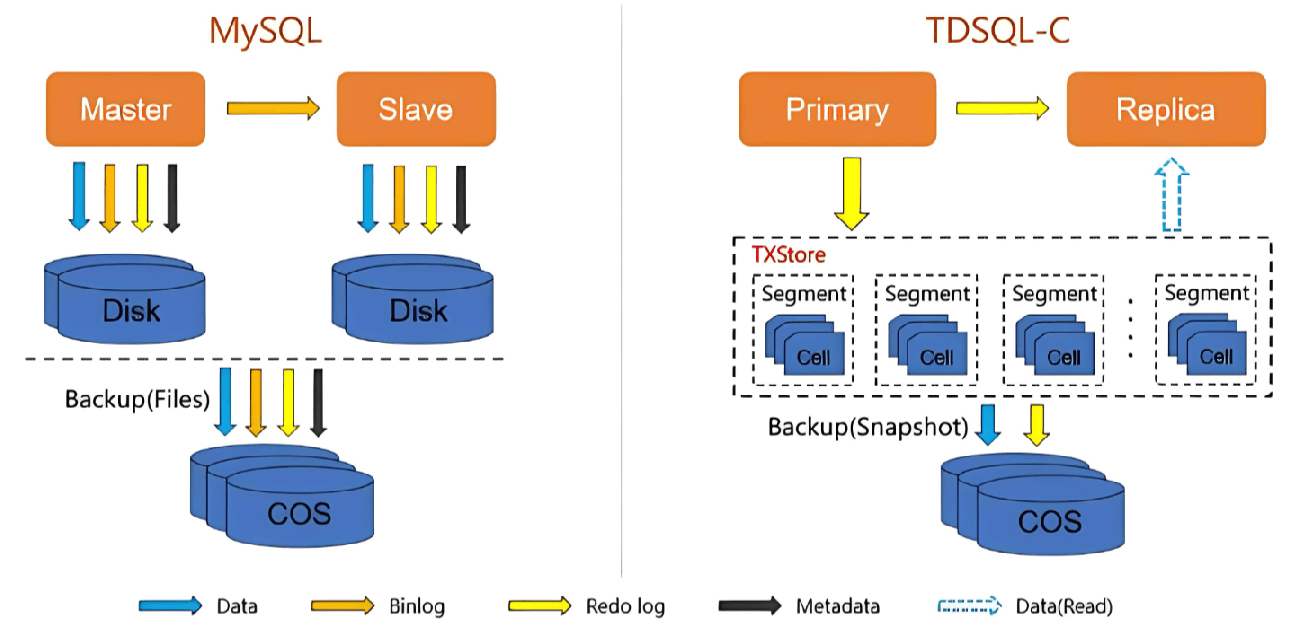Sometimes, developers or database administrators may assume that their SQL queries will utilize indexes to improve performance. However, for various reasons, the query may not actually use the index as expected. Here are some common scenarios that could prevent an SQL query from using an index:
Using Functions or CalculationsIf you use a function or any calculation on an indexed column, the query might not use the index, even if one exists.
SELECT * FROM users WHERE YEAR(birthdate) = 1990;
In this example, even though there's an index on the
birthdatecolumn, the use of theYEAR()function could prevent the index from being used.Type Mismatch in ComparisonsA mismatch in data types can also cause an index to be ignored.
SELECT * FROM orders WHERE customer_id = '123'; -- Assuming customer_id is INT
Even if there's an index on the
customer_idcolumn, comparing an integer with a string might prevent the index from being used.Leading Wildcard in LIKE QueriesWhen using the
LIKEoperator for pattern matching, if the pattern starts with a wildcard, the index will not be used.SELECT * FROM products WHERE name LIKE '%iPhone%';
Here, even though there's an index on the
namecolumn, the query starts with%, which prevents the index from being used.Composite Index Not Used in OrderIn a composite index, if the query does not follow the order of the indexed columns, the index might not be used effectively.
-- Assume there is a composite index on (first_name, last_name) SELECT * FROM users WHERE last_name = 'Smith';
In this case, the query only uses the second column of the composite index (
last_name), which may cause the index to either not be used or not be used effectively.Using OR ConditionsIn some cases, using
ORconditions can prevent an index from being used, especially if the columns involved in theORdo not all have indexes.SELECT * FROM users WHERE last_name = 'Smith' OR age = 25;
If both the
last_nameandagecolumns do not have indexes, the query may not use any index at all.Indexed Column Contains NULL ValuesIn some database systems, if an indexed column contains a large number of
NULLvalues, the query might not use that index.SELECT * FROM users WHERE profile_picture IS NULL;
If many users do not have a
profile_picture, even if the column has an index, the query may still not use the index.Columns with Low SelectivityIf the indexed column has low selectivity (i.e., a small number of unique values), the query optimizer may decide that a full table scan is more efficient than using the index.
SELECT * FROM users WHERE gender = 'M';
If the
gendercolumn is highly skewed (for example, values are mostly'M'and'F'), the query might not use the index.
How to Verify if a Query Uses an Index
To verify whether a query is actually using an index, you can use EXPLAIN (or EXPLAIN PLAN in some databases) before executing the query to check the execution plan.
EXPLAIN SELECT * FROM users WHERE last_name = 'Smith';
The execution plan will tell you whether an index is being used and how the query is being executed. Based on this information, you can adjust your query or indexing strategy to optimize performance.




